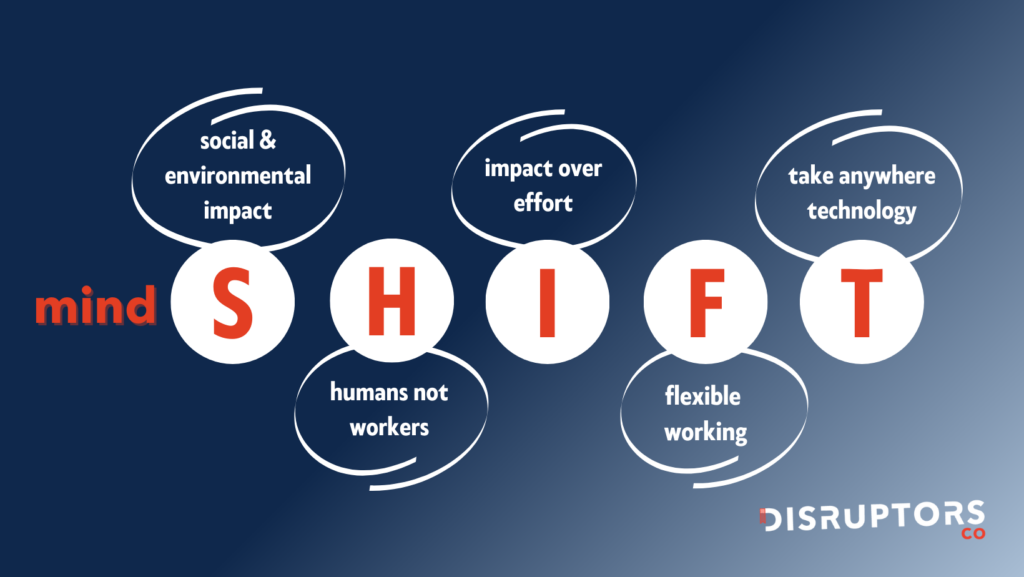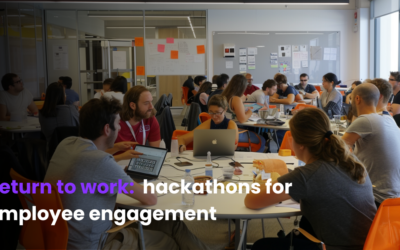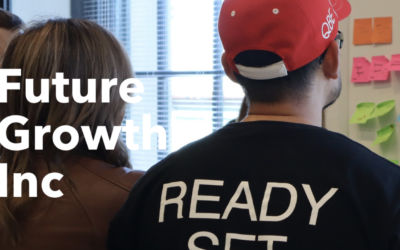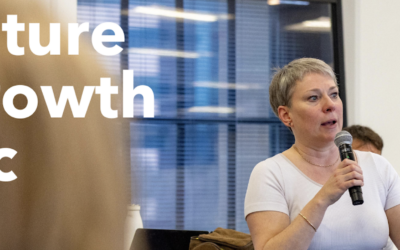Anyone who has been locked down, or unable to see family and friends as a result of the pandemic, is looking forward to connecting with people again. While the anticipation of connecting is almost overwhelming, it’s perfectly natural that a small part of our psyche is also scared stiff about how to go about interacting in real spaces – not just because we think we might have forgotten how to do things, but because of the potential impact of contracting Covid-19. As much as it’s been hard to stay at home, we need to change the way we plan to meet, and the way we think and interact, in order to truly connect, and without putting ourselves or others at risk.
The same change in thinking also applies to the way we do business. We may be looking forward to getting back to the office, but the reality is that work has changed for good. We’ve proven we can work from home, so there’s no real need to cram into office blocks and work in the same space when that will not suit the lifestyle of many existing and new employees in business. Some people will want to permanently work remotely. Others will want to have a mix of time in the office and at home.
As for travel, there are serious costs associated with jumping into a jet and travelling from a few hundred to tens of thousands of kilometres. And those costs are just not as economically as justifiable as they used to be.
It’s stating the obvious, but the scale of disruption that we have witnessed in the last two years – in both our business and personal lives – is unprecedented. And while the pandemic has dominated that period, there were also concerning environmental disasters (bushfires, high frequency severe weather incidents and extinction events), and economic and government changes that have added to the uncertainty of the era.
In the face of such momentous change, a mere mindset change is not nearly an adequate response. What is needed is an entirely new way of thinking.
At Disruptors, we’ve been talking about what we’ve witnessed within our clients’ businesses and we’ve come up with a way of expressing what is needed. We’ve called it a mindSHIFT:
Businesses need to take into account the social and environmental implications of meeting, engaging and sharing spaces and resources. And they need to think about their workers as more than just resources or roles, and demonstrate greater understanding and appreciation of how life at home affects life at work.
Then there is the work that is done. Working smarter – or delivering on projects in an efficient fashion – is more important than filling up every second of a timesheet. And having the flexibility to deliver at the right time and in the right way is more important than sticking to 9am – 5pm office hours.
Finally, we think businesses need to be much more flexible in the technologies they are using. Relying on physical locations, in-person signing of contracts and heavy technology that is hard to move, is a real risk to any business. It locks companies into a way of doing business that just doesn’t suit how customers and employees want to transact and interact.
Put all this together and it’s a mindSHIFT that means businesses need to look long and hard at the way they do business. All companies need to accommodate a way of working that elegantly combines “real life” and virtual/digital exchanges – efficiently, appropriately and noticeably.
Over the next several months we are going to be exploring this mindSHIFT in detail, sharing strategies, stories and insights that will act as a model for this new way of working. We’ll guide you through the minefield of disruption around us and help shape the future of your business. And we’ll make sure that no-one is left behind in a world where connection has been shown to be the greatest gift for us all.
So join us, share your stories with us, and be part of the mindSHIFT movement.




